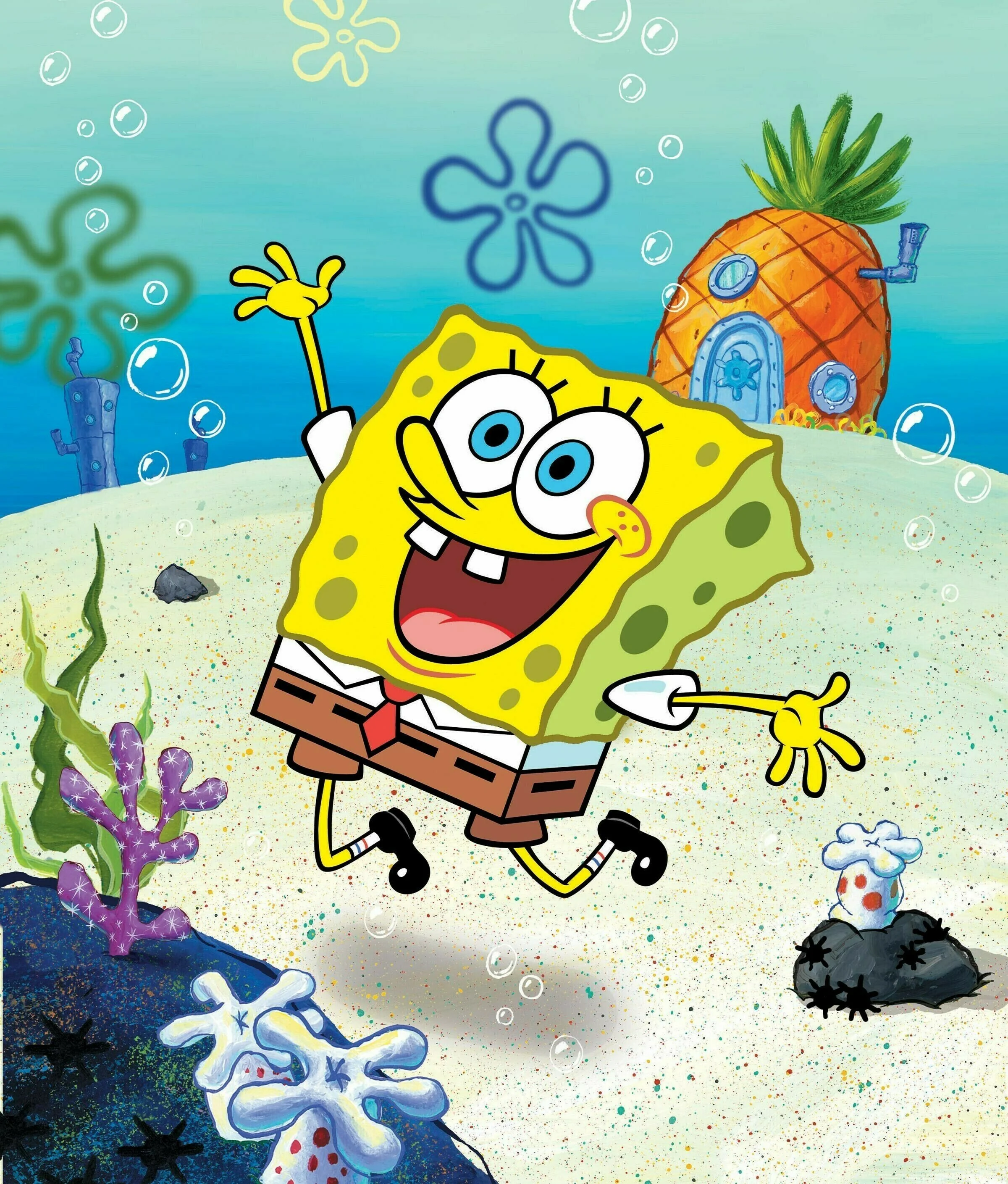Living With Existential Stress
People experience enormous stress due to things over which they have no control.
Every professional I treat wonders how artificial intelligence will impact – or destroy – their career. They fear our inaction as the climate changes and nature suffers right before our eyes. Flaccid old men whip boys into a tribal froth, and they fear the outbreak of war. I can’t wait until this election is over, because everyone on both sides seems to fear that if their candidate loses, the sky will fall.
The stress caused by these realities goes deep. People always want to know, “What can I do as an individual?” Then they answer their own question, “All I can do is control my own actions, which won’t change anything!”
How do we face these daunting issues in a mentally healthy way? How can we acknowledge trouble without being consumed by anxiety?
The Reality of Uncertainty
There’s a pervasive belief that happiness means being like Spongebob, skipping along while singing. But this is unrealistic—and unhealthy. Life isn't about being perpetually happy; it's about managing challenges and uncertainties with wisdom.
It’s okay to admit that things are difficult, uncertain, fearful, or monstrous. The key isn't to banish intelligence and become Spongebob. The key is learning emotional resilience.
One highly effective way to develop this resilience is to contemplate empathy. Empathy is deeply connected to intelligence—an often overlooked truth. Anyone – anyone, including those who do not support your candidate – who cares about the fate of the world shows empathy. If we worry only about our own survival, we isolate ourselves, losing the connection that makes society thrive.
People suffering from anxiety and existential stress are trapped in their own beliefs. Social media’s hall of mirrors makes this isolation much worse. We’re in a situation where people are isolated from one another while believing the whole time that their beliefs are the ones that will make the world a better place for everyone.
Because of this, we always find common ground underlying opposing beliefs. Scientific American just published an article about this: when people of diametrically opposite political views actually talk to each other, they find out that they both want the same thing: justice, safety, peace, a secure future, all of it.
By understanding and acknowledging another’s perspective, we strengthen our collective ability to face uncertainty. This is why self-awareness and empathy are crucial in times of chaos—they help us stay human when the world feels inhumane.
What Can We Do? Does It Even Matter?
In times like these, it's easy to wonder: does anything we do even matter? With so many voices offering conflicting opinions on how to live, many people constantly seek comfort rather than wisdom. But you can’t escape your mind. You can quiet it for a while, but self-soothing and escapism never satisfy our deepest desire for peace.
Learning to listen to who you truly are is one of the most powerful ways to manage uncertainty. Everyone has an internal compass, though it's often drowned out by the voices of others. By reconnecting with that inner knowledge, we can find clarity, even in a world full of chaos.
A person's identity is built upon what they hold to be true. We are all like one another, and our search for truth is similar, throughout all of humanity. We share common ground between us. When we go deep and find our true selves, we find that which is shared by all of humanity.
By hating others for their truth, and parroting leaders who want to divide and conquer, we get lost. By going deep, to our true self, our true nature, our true beliefs and hopes, we find what all people hold in common. Developing an awareness of this can help us deal with existential stress in a constructive, efficacious manner.
Nothing To Fear But Fear Itself
Humanity has been through times like these before. In the year 999, Europe was gripped by the absolute certainty that the apocalypse would come with the year 1000. The Book of Revelations and strung-together passages from everywhere else in the Bible proved that the “four horsemen” had arrived, and that the world would certainly end. Kings knew it, priests knew it, the people knew it, everyone knew it.
Yet, here we are, over a thousand years later, convinced that the world is about to end again. Rather than play along with the hysteria, we are better served if we pause and wonder at how often humanity falls into this same existential state of fear and anxiety.
Our individual efforts to prevent large-scale issues like war might feel insignificant. But wisdom and empathy actually accomplish a great deal. Efforts to communicate and understand—rather than judge and condemn—change our lived reality, which helps us personally. When we learn to approach others with empathy, we contribute to a more humane world.
Every problem we face has been solved, and solved elegantly. When we live and relate to others from the knowledge that we have more in common than we have dividing us, we create a path forward that is less about control and more about connection. This attitude transforms our existential stress into driven purpose, and reshapes our anxiety into aspiration.







